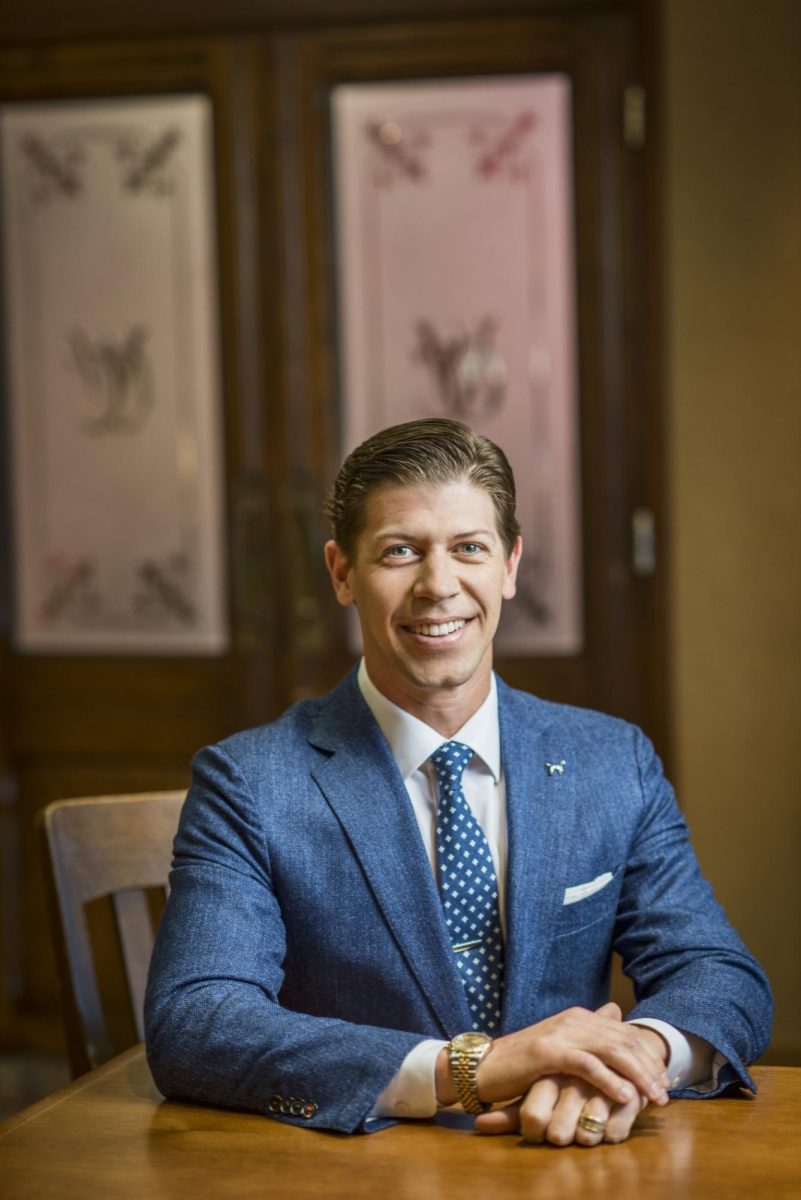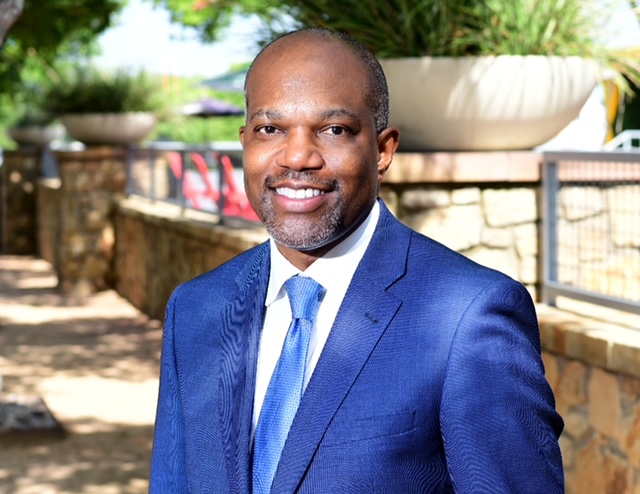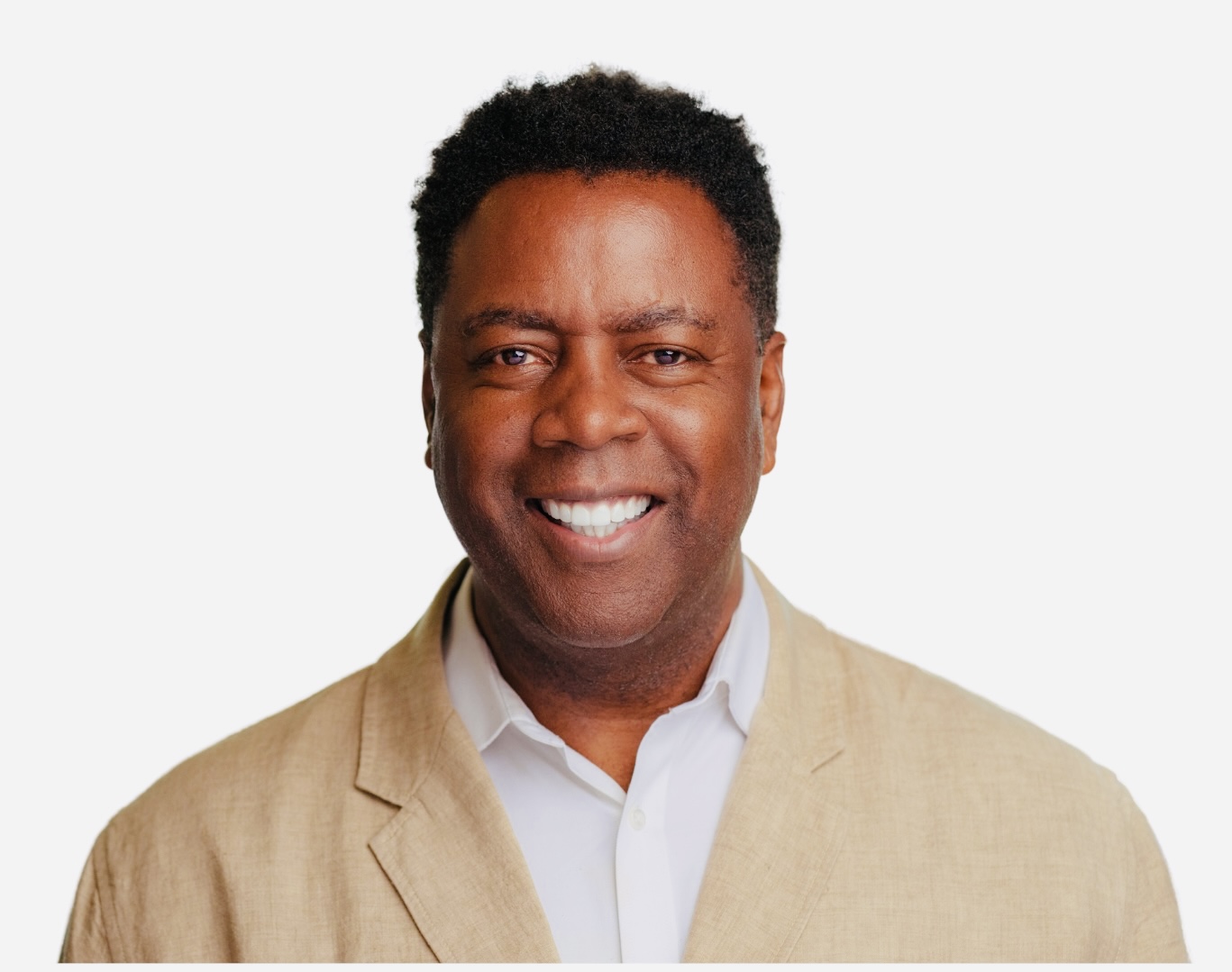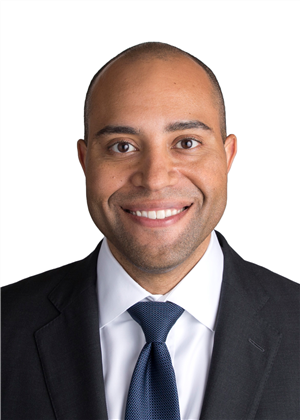Dupree Scovell is a managing partner and chief financial officer at the real estate company Woodbine Development Corporation, located in Dallas, Texas. Dupree Scovell was named in 2022 by D Magazine as one of the Dallas 500, which honors influential leaders in Dallas, Texas, and surrounding north Texas cities. Additionally, Dupree has been recognized over the years for his business ventures and leadership skills. Following in the tradition of his parents and brothers, Dupree attended Texas Tech, earning four bachelor’s degrees. He earned an MBA and Masters in Education from Stanford. Before joining his father at Woodbine Development in 2010, Dupree worked for the global real estate company Trammel Crow. Dupree Scovell has worked to ensure his real estate projects translate to hospitality. His early experience as a teenager working as a dishwasher at the Hyatt Regency Hotel led him to see “a hotel as a place to stay, but rather a people who serve,” as stated in a 2019 interview with Voyage ATL magazine.
Lawrence: What are the virtues of a good leader?
Mr. Scovell: There are many virtues of a good leader. However, number one is someone who values relationships inside and outside their company and treats everyone as a partner. Number two is someone’s work ethic. A good leader has to set the pace and the tone. A good leader is also someone willing to work harder to be the first one there and the last one to leave.
A good leader needs to be accountable and hold other people accountable not just to tasks and goals but also to the culture. The leader must be accountable to the company’s culture and the values it espouses and hold the team accountable.
The third aspect of a good leader is a broader category, but it would be one’s biblical values. I have Biblical values that I walk my kids through, which include humility, integrity, kindness, love, joy, peace, patience, and perseverance. A good leader leads according to the single source of truth: scripture. The most important thing is humility. God opposes the proud and gives grace to the humble over and over and over. You see in scripture a humble leader. A man or woman who is humble, leader or not, God blesses that. And that’s the ultimate call that is entirely counter to our culture.
Lawrence: How do you lead ethically?
Mr. Scovell: People don’t get to a situation where their ethics are challenged and then decide how to act. An ethical leader is built way before they are in a situation where they must be moral. An ethical leader spends time in the world and with their God every morning. You have already decided how to act when tested for a problem.
Lawrence: The definition of a marksman that we have is “a current student or alumnus who embodies in word and action the school’s mission. A scholar, he advances toward mastery of the chief disciplines of the arts, sciences, and languages. He is an athlete; he thrives on competition and demands that his body express the virtues of his spirit. As a leader, he understands his identity, success, and happiness as inseparable from that of the communities he’s a part of and strives to move them forward in their missions. Based on this working different definition, how have these experiences helped you lead your organization to success and uplift those around you?
Mr. Scovell: This is where my dad is different. He created a company that many people knew about and still know. People know about many of his projects, but for him, the company was never his identity, and that’s a scarce thing you have in a leader or founder where the company is not theirs. So when they stop working, they usually have a life crisis where they don’t have control over the passing of the business. There’s an identity crisis because that’s how they’ve been known, and that’s how they derive their values. That’s the downfall of most leaders: transitioning from one generation to another. That’s where I felt my dad was different; the company was never his identity. I consider him one of the most humble people I’ve ever known because of that very fact.
Lawrence: St. Mark’s defines thriving as “living the most complete life possible to you, transforming your fullest potential into actuality by understanding how the world works in your head; how to feel and respond with their heart and how to give skillful care with their hands.” How do you lead organizations with the elements of thriving?
Scovell: A familiar old coaching adage says you know they don’t care what you have to say, and they don’t care what you know until they know that you care about our team and our environment. We want to hire, recruit, and train people whose God-given gifts are being used to their fullest potential, where they feel energized and alive, and where what they’re doing gives them immense pride because it is not honoring themselves. It’s not making money for the company. It’s not giving them awards, although it might be doing all those things, but because it is glorifying God, that is what we want to be able to do. It provides them with that platform to do that single act.
As a priority to helping them do that, we want to care for their soul. We want to shepherd our people in a way where we know them, where they feel understood, their families feel known and cared for, and where we lead them in a way that is more than just for profit. We’re providing for them in a way that allows them to provide for their families. We’re caring for the whole unit, and finally, where we’re protecting them, saying, hey, when you are hurting, we hurt. When you are in need, we will help provide and support you.
Lawrence: What does servant leadership mean to you? What are some specific testimonials of leadership situations that resulted in change and affected some communities around you?
Mr. Scovell: The acronym REACH represents our values as a company. We have it printed on a card. At the top are Relationships, Effort, Accountability, Conviction, and Humility.REACH represents our purpose and values, including teamwork and trust. In one way or another, the five kinds of values that we believe set us apart.
To begin with, relationships are essential. Our relationships are not just external and not just Equity Partners, lenders, or people buying real estate. They have to be the same. We treat people with the same respect inside and outside of the organization. Relationships matter; they matter on your football team, too. For example, imagine a kid in one of your classes who’s on the fringe, doesn’t have many friends, and doesn’t get talked to or asked to do those things with classmates. You want to be the kind of man who sees that kid and treats him the same way as one of your teammates.
The E stands for effort. The key to that is figuring out how to say no matter what I have, no matter all these other things, the privilege I’ve been given, how do you keep that chip on your shoulder, blue collar, work ethic. If your dad’s going to work, going to work every day, and in that position, there’s one thing that works, like picking up the phone and calling people. If you don’t call, you don’t make money. It’s a grind. Football is the same way. You don’t just show up and get better. As a kid, I was the first in the gym. I was the last guy to leave. I’d led voluntary workouts. I was there twice as long as anybody else. I just had a chip on my shoulder. I didn’t care what anybody thought; I was going to prove them wrong. That’s how we try to act as a company. We might be in a beautiful building, but it changed nothing about our fundamental willingness to say we will outwork anybody who comes who wants to run next to us.
The A is for accountability, and accountability is the key. Someone has to say, hey Lawrence, did you read this week? What are you learning this week? What are you doing? We’ve tried to develop a culture where we will hold people accountable because my job is to ensure that if one person isn’t pulling a rope in the same direction, it’s taking away from the entire team. So I’ll ensure everyone does what they say they will do because I have no time for that if you’re not. I need people on the team saying we’re going to go together.
The C is conviction, which is pretty simple; there is a standard set of uncompromising values. And that is what is what Scripture teaches us. And so there are times to be very unapologetic about that. At Woodbine, there’s a set of values and ethics that we will not compromise; we will do the right thing. Anyone can say that they have values and ethics, but the next question you ought to ask when somebody says they do is, tell me an example of where you’ve had to go against the grain, where you’ve had to do something that was not what people are doing. And I’ll give you one: hotels were doing terribly during the pandemic. The government wrote many checks. People used most of those checks to pay the interest required to allow them to continue to own that real estate. We said that’s different from what it was intended to do, which was to go to the employees to allow them to be employed longer than they otherwise would have. And so we decided against our interest, in the interest of our employees. And the Lord used that for good. We keep going.
The last one is the most important, the kind of thing we were talking about earlier. Humility is an essential value. It defined Christ’s life in every possible dimension, how he arrived in an obscure, useless town as a man in a manger. There’s no more humble state than that. You couldn’t even write a script that has a more humble beginning than that. That characterizes everything we ought to be about. No matter how great an athlete you are, what coaches and teammates remember is what you know. The 6th grader looking up to you on the football field will remember if you made time for him or if you were humble or gracious. Humility bridges every gap. If I’m negotiating a contract, I’m not saying you have to lose, and I have to win; there’s some common ground here, like how do we find a way where both of us went.
Lawrence: What do you believe is the best way to become a leader? How would you prepare those in your organization to be effective leaders as well?
Mr. Scovell: There’s no formula to becoming a leader; I don’t think you’re born with it. Some folks are born with a particular set of skills that helps them. You become a leader in many ways, but if there’s one thing that helps a leader develop, it is when they have had to go through difficult things. We’re looking for folks who have had to endure, are steadfast, and are generally persevering. The way we prepare those in our organization to be effective leaders is consistent with our values. When we’re preparing our folks to be effective leaders, it’s saying, number one, do you subscribe to our values? Do you value relationships? Are you someone who works hard? Do you have a work ethic that’s more of a blue-collar mentality? Do you hold yourself and others accountable for achieving their goals? Do you have a conviction and a set of unchanging values consistent with ours? And lastly and most importantly, are you a humble person? Ultimately, we want people that align with our values.




















